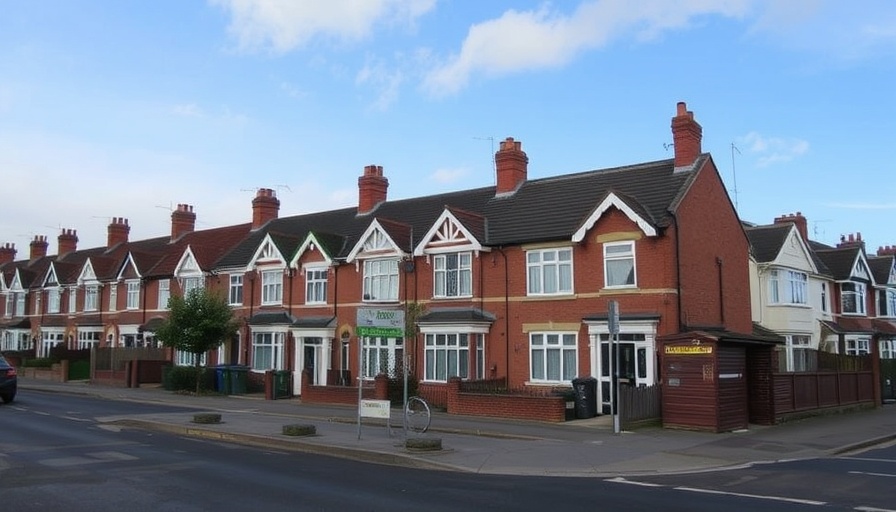
RICS President Takes Responsibility Amid Controversy
In a surprising turn of events, Justin Sullivan, the President of the Royal Institution of Chartered Surveyors (RICS), has referred himself to the Standards and Regulation Board for a review following critical feedback on his expert testimony in a High Court case involving a moth-infested mansion. This decision comes less than three months after Sullivan's appointment to the post, highlighting significant challenges faced by the veteran surveyor and RICS as a whole.
The High Court Case: A Turning Point?
The case at the heart of Sullivan's referral stems from the proceedings of Iya Patarkatsishvili & Anor v William Woodward-Fisher, where his testimony has been publicly scrutinized. The implications of his involvement extend far beyond personal accountability; they resonate deeply within the integrity of the RICS, an institution that prides itself on maintaining the highest professional standards. Sullivan expressed a desire for an independent regulatory review, indicating the pressure and concerns raised not only about his conduct but potentially about the organization's current governance and regulatory framework.
Leadership Transition: Who is Nick Maclean?
With Sullivan stepping back to allow for an assessment of his actions, Nick Maclean has been appointed as the Acting President of RICS. Maclean brings over three decades of experience from CBRE, including significant roles in leadership and governance. His appointment signals a pivotal moment for the RICS as it seeks to restore confidence in its leadership during a tumultuous period marked by internal disputes and recent resignations on the regulatory board.
The Broader Implications for RICS and the Property Profession
RICS is currently facing immense scrutiny not only from its members but also from external stakeholders, including the government. Recent resignations from the entire nine-member Standards and Regulation Board underline a crisis of confidence within the organization. The disconnect between RICS and the government’s objectives, particularly regarding industry regulations and self-regulation, places the institution at a crossroads—one that could redefine its future role within the UK property sector.
The Road Ahead: What This Means for Property Investors
For property owners and investors, this chain of events presents both risks and opportunities. As RICS grapples with maintaining regulatory standards amidst increased government oversight, the clarity and integrity of property transactions could be scrutinized more closely. This underscores the importance of staying informed about regulatory changes and ensuring any engagements with RICS-affiliated professionals reflect the most current standards of practice.
As we navigate through these developments, it becomes imperative for stakeholders in the UK property market to remain vigilant and proactive in their dealings, seeking transparency and accountability from the organizations and individuals they engage with.
 Add Row
Add Row  Add
Add 





 Add Row
Add Row  Add
Add 








Write A Comment